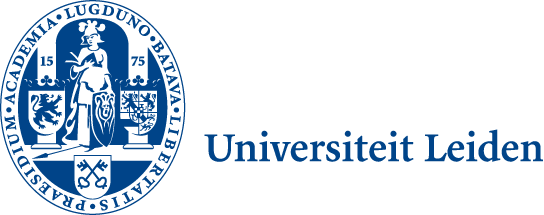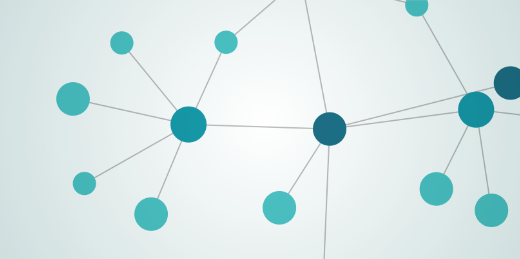- Leiden University
- Leiden Institute of Chemistry
- Master's Programmes
Colloquium: Renata Ceragno
Colloquium
Viral Inflammation as a Catalyst for Cancer Dormancy Escape: Mechanistic and Clinical Insights from SARS-CoV-2 and Influenza A
Renata Ceragno
- Date
- Friday 28 Nov 2025
- Time
- 16:00 - 16:30
- Location
- BW018
- Supervisor
- Rolf Boot
- Jury
- Tom van der Wel
Dormant cancer cells (DCCs) can persist for years after treatment, creating a reservoir for late metastatic relapse. Emerging evidence shows that acute inflammation from non-oncogenic respiratory viral infections—particularly influenza A and SARS-CoV-2—can disrupt the signals that maintain dormancy. These infections generate cytokine surges dominated by IL-6, TNF, and type I interferons, activate STAT3 and NF-κB pathways, remodel the extracellular matrix, and recruit neutrophils that release extracellular traps and lipid mediators. Together, these processes reverse the p38/ERK balance and activate integrin–FAK–YAP signaling, enabling dormant cells to resume proliferation. Experimental data from LSCC and metastatic breast cancer models mirror clinical observations of higher recurrence rates following severe viral infection. Understanding how transient inflammatory episodes destabilize dormancy offers new opportunities for identifying at-risk patients and developing strategies to maintain tumor quiescence during acute infection.
Are you interested in the MSc Chemistry or MSc Life Science & Technology programme?
Find out more about the programmes, career prospects & how to apply.

